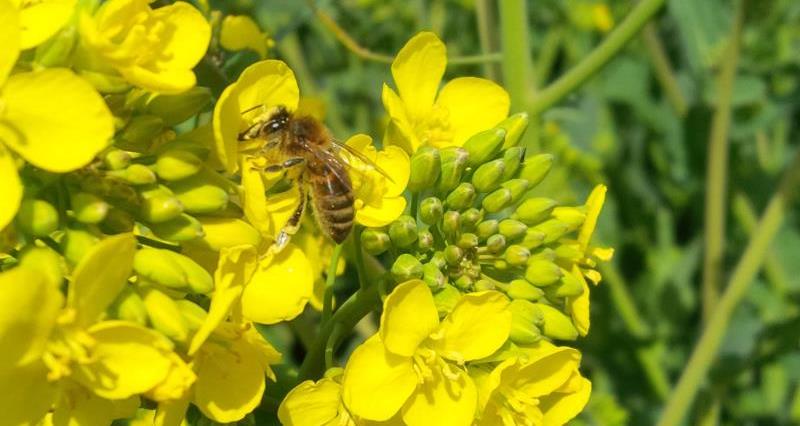Dr Chris Hartfield, NFU Senior Regulatory Affairs Adviser, said: “The NFU is concerned that the assessments fail to take proper account of what is happening to bees in real field situations, where evidence shows there are a number of factors affecting them and that the greatest declines in bee biodiversity pre-date the use of neonicotinoids.
“The reality is that there is a balance between environmental protection and food production that has to be considered and the impacts of a ‘no neonicotinoid’ scenario on pollinators also need to be fully assessed. Without this, there is a real risk that current restrictions on neonicotinoid use will continue to do nothing measurable to improve bee health, while compromising the effectiveness of crop protection.
“The NFU wants to see a risk-based approach taken on this issue, where the impacts of potential changes are fully understood and recognised as providing genuine opportunities to improve bee and pollinator health.
“Farmers are acutely aware that bees play a crucial role in food production. Farmers rely on bees to pollinate crops and have planted around 10,000 football pitches of flower habitat across the country to support a healthy bee population and give them a good home.”
